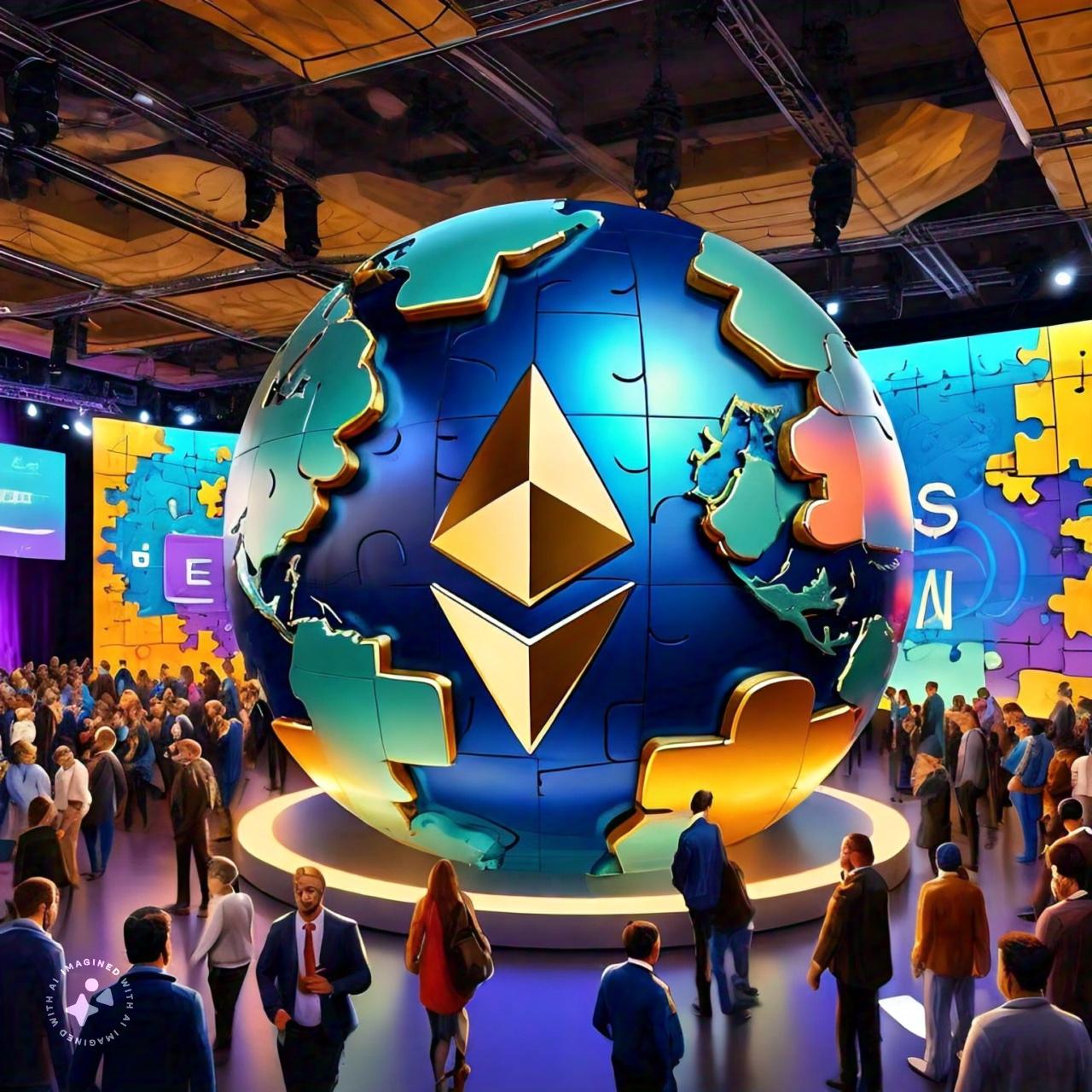 Ethereum in Europe: A Thriving Landscape
Ethereum in Europe: A Thriving Landscape
Syndicated by Ethereum.eu.com
Ethereum, the second-largest cryptocurrency globally and the pioneer of smart contracts, is experiencing a surge in adoption and innovation in Europe. This article explores the unique landscape of Ethereum in Europe, drawing insights from the recent Ethereum Community Conference (EthCC) held in Paris.
The European developer community for Ethereum is strong, as evidenced by vibrant conferences like EthCC. The European Central Bank (ECB) is still formulating its official stance on cryptocurrencies, and regulations are being developed that will impact how Ethereum operates within the region. You can find more information on the ECB’s perspective in a recent Euronews article (All news about Ethereum | Euronews). When it comes to investor interest, trading volume paints a positive picture, indicating a healthy European market for Ethereum (source: Investing.com).
Insights from the Ethereum Community Conference (EthCC) Paris
The recent Ethereum Community Conference (EthCC) held in Paris provided valuable insights into the current state and future direction of Ethereum in Europe. Here are some key takeaways:
- A Vibrant and Diverse Community: The conference highlighted a strong and passionate European Ethereum community. Attendees came from diverse backgrounds, fostering a collaborative and innovative environment. This is crucial for the continued development and growth of the Ethereum ecosystem in Europe. Developers, entrepreneurs, researchers, and enthusiasts from across the continent gathered to share ideas, build connections, and push the boundaries of what’s possible with Ethereum.
- Focus on Layer 2, Scaling and DeFi: The conference discussions centered around Layer 2 solutions, scaling challenges, and Decentralized Finance (DeFi).
- Layer 2 Solutions: Ethereum is currently facing scalability challenges, limiting the number of transactions it can process per second. Layer 2 solutions address this by offering ways to scale transactions off the main Ethereum blockchain. The conference highlighted a growing interest in ZK-rollup technology, a type of Layer 2 solution known for its efficiency and security. Polygon and Starknet were mentioned as prominent players in this space. By utilizing Layer 2 solutions, Ethereum can achieve faster transaction speeds and lower fees, making it more accessible for a wider range of applications.
- Decentralized Finance (DeFi): DeFi applications built on Ethereum enable financial services like lending, borrowing, and trading without relying on traditional intermediaries. The conference revealed a growing interest in DeFi, particularly for its potential to democratize finance and create new economic opportunities. However, discussions also acknowledged that DeFi is still in its early stages, and regulatory frameworks need to be developed to ensure its safe and responsible growth.
- Emerging Trends: Beyond Layer 2 and DeFi, the conference highlighted other emerging trends in the European Ethereum landscape:
- Enterprise Adoption: There’s a growing interest from European businesses to explore the potential of Ethereum for supply chain management, identity management, and other enterprise applications.
- The Public Sector: Government agencies in Europe are starting to explore the potential of Ethereum for areas like voting systems and digital identity.
- Sustainability: The environmental impact of Ethereum’s current Proof-of-Work consensus mechanism is a growing concern. The upcoming Ethereum 2.0 upgrade, which will switch to a Proof-of-Stake model, is expected to significantly reduce energy consumption.
The Future of Ethereum in Europe
Ethereum’s future in Europe appears bright. The upcoming Ethereum 2.0 upgrade promises significant improvements in scalability, security, and energy consumption. This will pave the way for wider adoption and the development of innovative applications across various sectors.
Potential Use Cases for Ethereum in Europe
Decentralized Finance (DeFi) has the potential to revolutionize the financial landscape in Europe. DeFi applications can offer greater transparency, efficiency, and accessibility compared to











